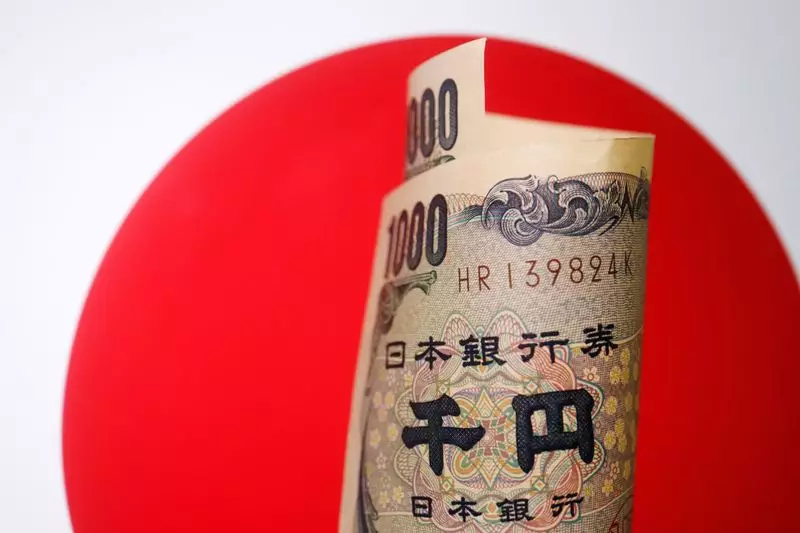Finance Minister Shunichi Suzuki highlighted the importance of analyzing the factors that are driving recent yen declines in Japan. He emphasized that Tokyo is prepared to respond to any excessive currency swings that may occur. While a weak yen can have some benefits for the economy, such as boosting exports, it can also have drawbacks, particularly in terms of increasing inflation and hurting consumers.
Suzuki mentioned that the Group of 20 major economies, set to meet in Washington D.C., may discuss currency moves during the upcoming IMF meetings. He expressed the need for exchange rates to reflect fundamentals and move stably, without excessive volatility. Suzuki stressed that authorities are closely monitoring the situation and will take appropriate action if necessary, without ruling out any options.
A weak yen has become a source of concern for Japanese policymakers due to its impact on importing fuel and raw materials, leading to higher costs for retailers and households. This poses a challenge for the Bank of Japan when considering the timing of a potential interest rate hike. The recent yen declines amid fading expectations of a U.S. interest rate cut have added to these complications.
Authorities in Tokyo have been warning about the possibility of intervention in the market to stabilize the yen, especially with the currency hitting a fresh 34-year low against the dollar. Finance Minister Suzuki stated that he is coordinating closely with currency diplomat Masato Kanda to address the yen’s movements. While they did not confirm any specific plans for market interventions, the option remains on the table.
Japan’s last intervention in the currency market was in 2022, when they took steps to prop up the yen in response to excessive swings. This indicates that Japanese authorities are not hesitant to take action when necessary to maintain stability in the foreign exchange market. The ongoing fluctuations in the yen’s value against the dollar highlight the need for vigilance and preparedness on the part of policymakers.
The recent yen declines have raised concerns about their impact on the Japanese economy. While a weak yen can benefit exports, it also poses challenges such as higher import costs and inflationary pressures. Japanese authorities are closely monitoring the situation and are prepared to respond to any excessive currency swings to ensure stability in the market. Vigilance and coordinated efforts are essential to address the challenges posed by currency movements effectively.

